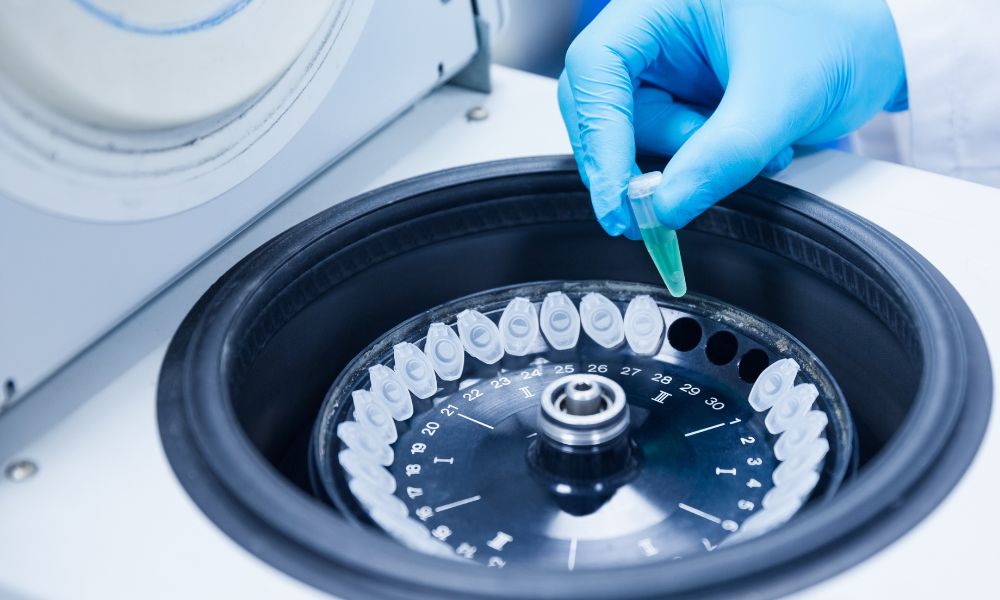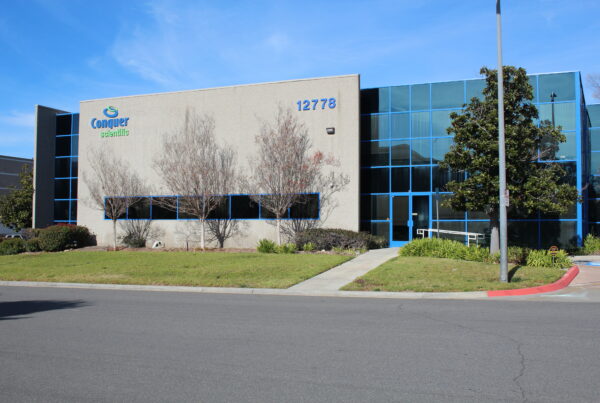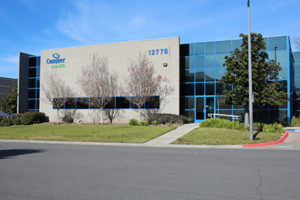A centrifuge is among the most used and essential machines in many labs. If your lab needs to choose a new centrifuge, we’ve compiled a helpful list of things to consider before purchasing below.
RCF & RPM
As the primary function of a centrifuge is separating a sample through centrifugal force, labs should first consider the machine’s relative centrifugal force (RCF) and revolutions per minute (RPM). While these two metrics mostly explain the same information—how fast the centrifuge can spin—RCF is a better and more accurate measurement for a centrifuge.
The RCF and RPM that best fits a lab will mostly depend on the application and the work that the lab will conduct with the centrifuge. Every lab has a speed requirement—or floor—for their centrifuge, so the first thing labs should consider when choosing a centrifuge is whether it can produce the necessary RCF.
Rotor Flexibility
Labs should also consider the versatility and flexibility of the centrifuge and its rotors. Every lab knows that the work and workflow can change daily or weekly, so having equipment that adapts to the work is critical for productivity. Therefore, consider the rotors, which support the sample tubes during operation, that the centrifuge is compatible with.
Certain rotors are best for certain applications. For example, swinging bucket rotors are suited for low-speed, high-capacity applications. Fixed rotors, on the other hand, are better suited for high-speed, low-capacity applications. Consider which rotors would be most useful for your lab and if the centrifuge can adapt to other rotors if necessary.
Safety Features
You should thoughtfully consider safety with every piece of equipment in a lab, including the centrifuge. Centrifuges are relatively safe equipment, but with the intense speed and RPMs it uses for sample separation, accidents can happen and become safety concerns.
Getting a centrifuge with some of the latest safety features to prevent any spillage is wise, such as an electronically locking lid or sealed rotors. This kind of centrifuge may cost more, but safety is always worth the investment.
Temperature Range
Lastly, labs should consider whether they need a centrifuge to keep samples cool for their separations. Most centrifuges operate at room temperature, but some offer refrigeration technology.
Consider whether your lab needs a centrifuge that keeps samples cool and the temperature range the centrifuge has to achieve. Centrifuges with more refined temperature control may cost more, but they can make the job easier and more efficient, boosting productivity in the lab.
Whether you need a centrifuge or other lab equipment, shopping for used lab equipment from Conquer Scientific is an excellent way to save money without sacrificing quality. Browse our inventory of centrifuges and contact our staff to learn more about any of our instruments.








